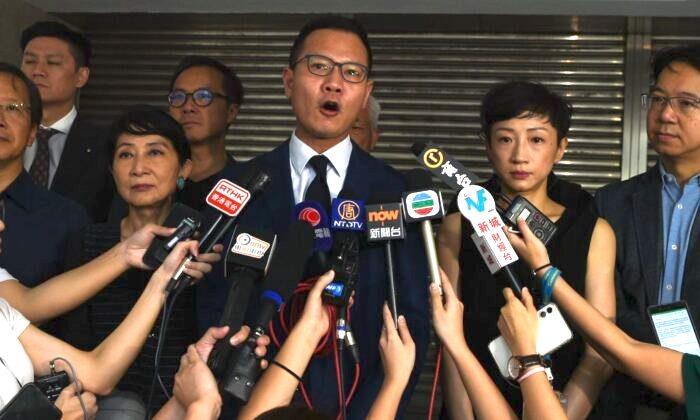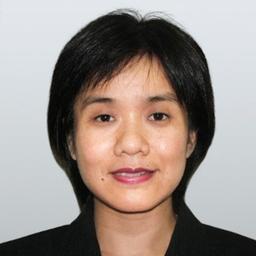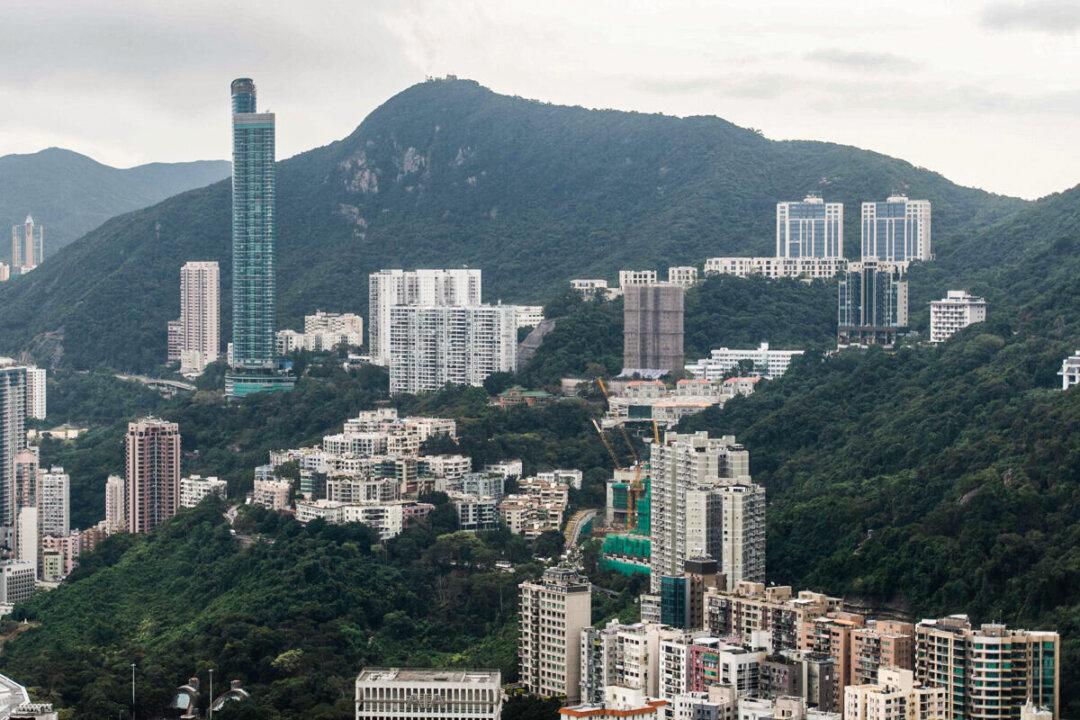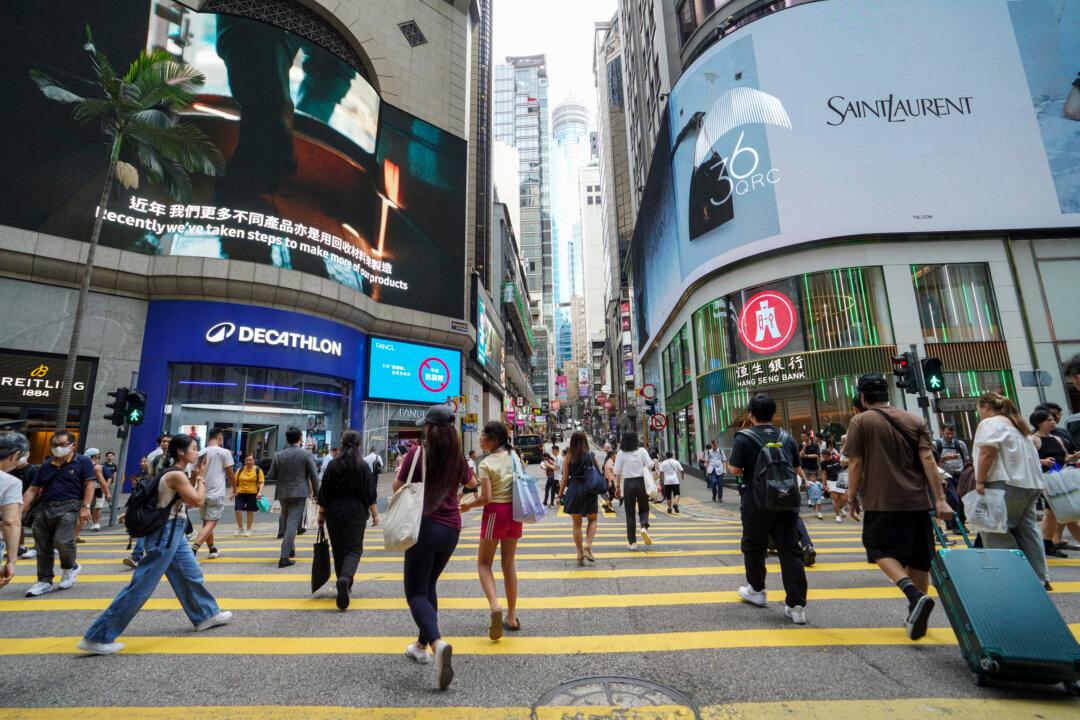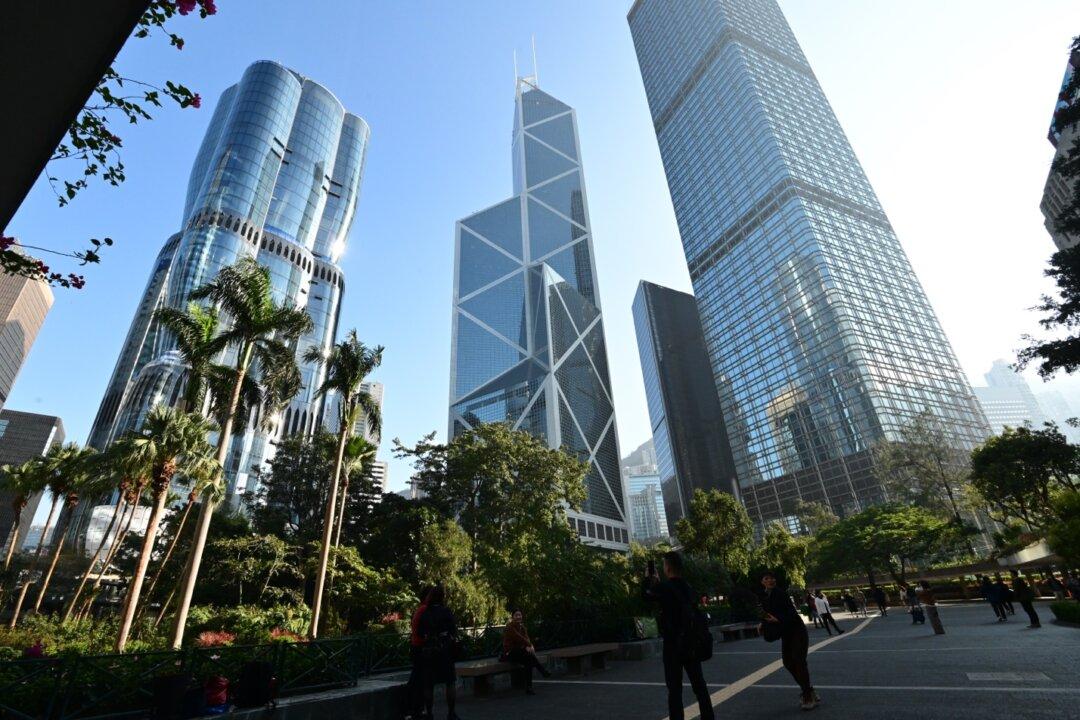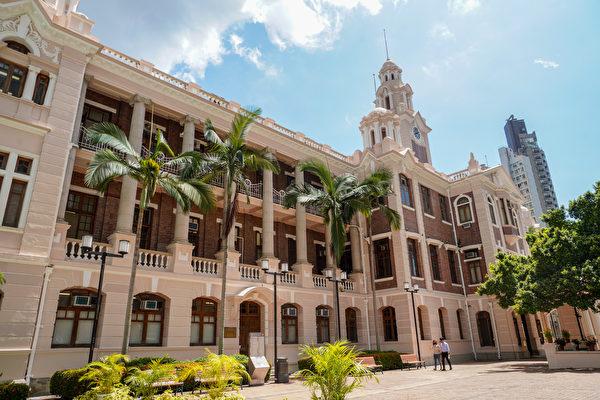Dennis Kwok Wing-hang, a former member of the Hong Kong Legislative Council who left Hong Kong in early 2021, recently posted on social media that he had started a law firm in New York. He encouraged expatriate Hong Kongers to continue the spirit of Hong Kong people.
According to some scholars, it’s estimated that after the Anti-extradition Movement in 2019, about 150,000 people leave Hong Kong each year and move to other countries. Predictions indicate that more will leave in the future. Scholars have launched alliances to help those who left Hong Kong.
